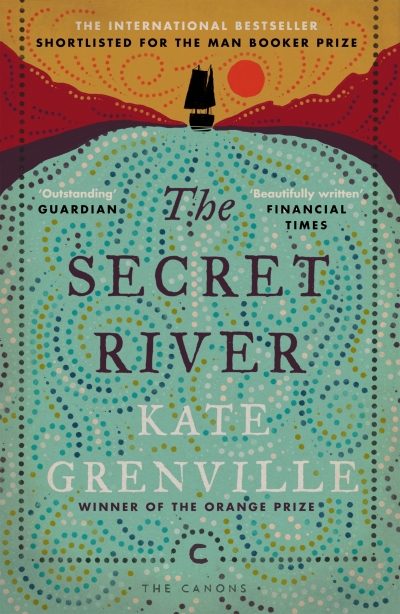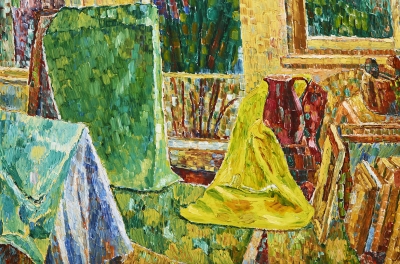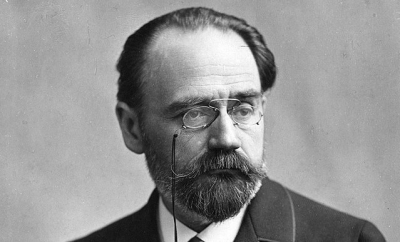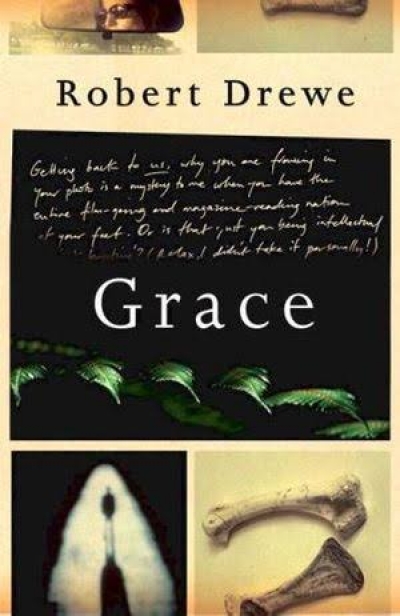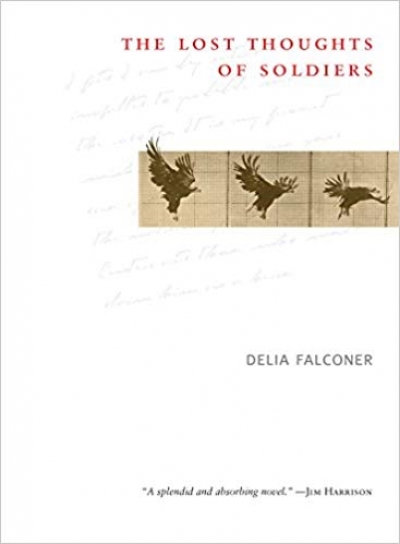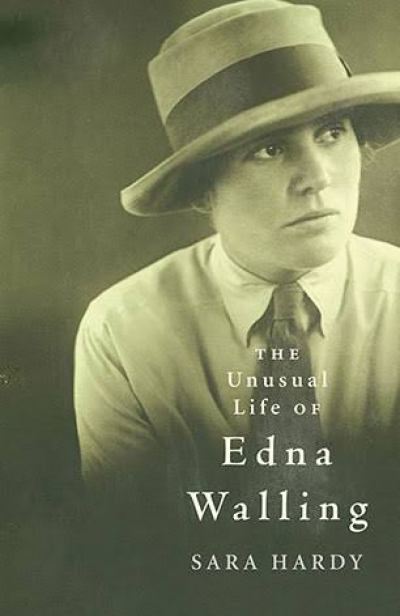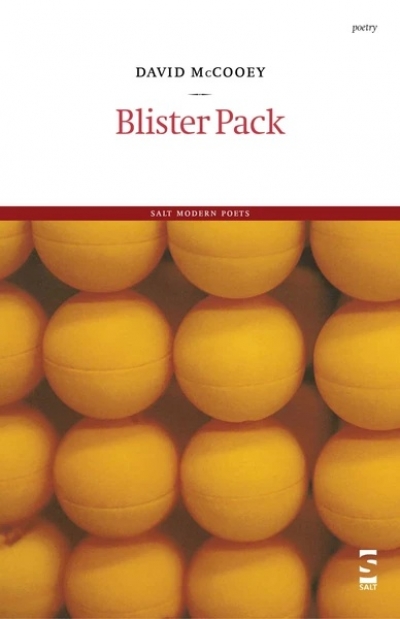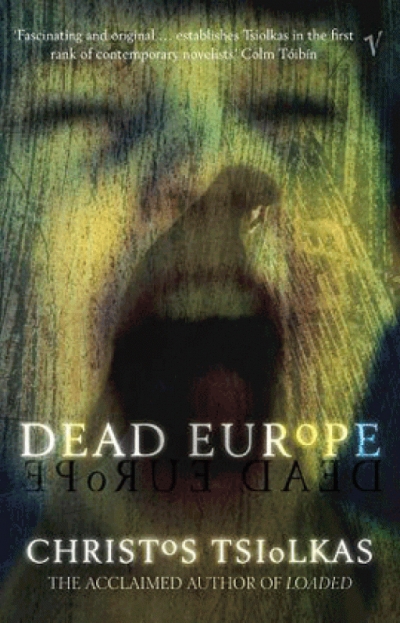Archive
The traits women are encouraged to develop nowadays, such as outwardness, attitude, assertiveness, and professionalism, did not characterise Grace Cossington Smith (1892–1984). Family snapshots showed the young woman with tousled hair, guileless face, and buck-toothed smile: a neat-figured, long-skirted Edwardian tomboy after the style of Australian heroines in novels by Ethel Turner and Mary Grant Bruce. The older woman in family photographs still had the tomboy grin; conversely, when she showed a public face, the mouth was closed and the eyes steady behind glasses.
... (read more)Unlike Flaubert, the ‘hermit of Croisset’, who turned away from his age in an attitude of ironic detachment, Émile Zola (1840–1902) embraced his century in a way no French writer had done since Balzac. Zola’s ambition was to emulate Balzac by writing a comprehensive history of contemporary society. Through the fortunes of his Rougon-Macquart family, he examined methodically the social, sexual, and moral landscape of the late nineteenth century along with its political, financial, and artistic contexts. Zola is the quintessential novelist of modernity, understood in terms of an overwhelming sense of tumultuous change.
... (read more)In the teaching of copyright, it is usually said that copyright is an economic right. In Arnhem Land, they think otherwise. In 1990, I attended a meeting of Aboriginal artists in Maningrida. These artists had been involved in a copyright infringement case concerning the unauthorised reproduction of works of art on T-shirts. The case had settled, and the purpose of the meeting was to discuss the division of the spoils. The case involved a number of artists and different infringements by the same infringer.
... (read more)La Trobe University Essay | 'The Geist in the Mirror: Harold Stewart, James McAuley and the Art of Translation' by Keith Harrison
Ern Malley aside, Harold Stewart and James McAuley are poetic confrères in a region of Australian letters that has been largely overlooked. McAuley (1917–76), who translated only intermittently from the German, gave us poems by Stefan Georg, Karl Haushofer, and Georg Trakl, but the poem I will concentrate on is his 1946 version of Rainer Maria Rilke’s ‘Herbsttag’, which is so remarkable that later I intend to examine it closely. Stewart 1916–95), in contrast to McAuley, spent a good deal of his writing life, both in Australia and Japan, in translating Japanese classical verse, particularly the masters of haiku: Bashô, Buson, Shiki, Issa, Ryokan, Baizan, and others. This work, which occupied him for many years in Australia and Japan, was gathered in two books that will be the focus of my remarks.
... (read more)
